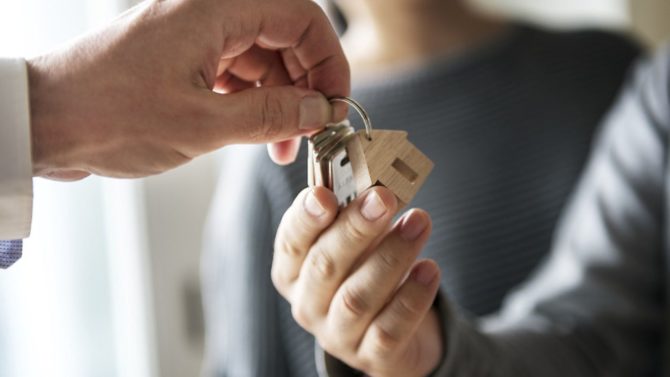Which documents do I need to sell my house in France?

French real estate website SeLoger has compiled a guide to all the documents you’ll completing the sale of your French property

You’ve spent happy years in your French property but now it’s time for a change. When selling your property, ease the process by making sure that you provide the notaire with the right documents. SeLoger, the French online real estate company, has published a break-down of the key documents you’ll need to hand over before completing the sale.
Firstly, only the owner of the property can sell it, so it’s good to have a range of documents proving your ownership. The mortgage statement, or fournir un état hypothécaire, is among the most important documents you’ll need, and the deed of sale cannot be signed without the notaire providing it to the buyer. The document covers the ownership status of the property, any changes that have been made to it, and any mortgages or privileges that the property has been subject to.
Along with the mortgage statement it is necessary to provide details of any easement (servitude) related to the property. This involves any agreements or binding conditions on the property such as public right of way, placement of public utilities, or agreements made with neighbours regarding temporary access to land. These easements are sold with the property, so the buyer needs to be informed. Your notaire and mairie can help you draw up the documents.
You should also be aware that if the building has been subject to major works or has been built within the last ten years, you will need l’attestation de garantie décennale, a 10-year guarantee certificate. This should have been drawn up before the work was undertaken.
If you are selling a property which you rent out to a tenant, you must first check whether there is a legal provision of public order on the property indicating whether it has a droit de pre-emption, or pre-emptive right, giving the tenant first refusal on the property.
If the property you are selling is part of a subdivision or condominium, you will need to provide a copy of the subdivision by-law, the by-law authorising the subdivision. If the property is co-owned, you will also be required to provide other documents including the descriptive state of division, the summary sheet of the condominium, and the technical diagnostics file (a document covering the energy efficiency, asbestos diagnosis etc.
As with all property transactions, there’s a baffling amount of paperwork and jargon to get through before you can sign a contract. The easiest thing to do is ask your notaire or trustee of the building to give you a complete list of documents to provide. Bon chance!
If you found this helpful, you might like:
Share to: Facebook Twitter LinkedIn Email


